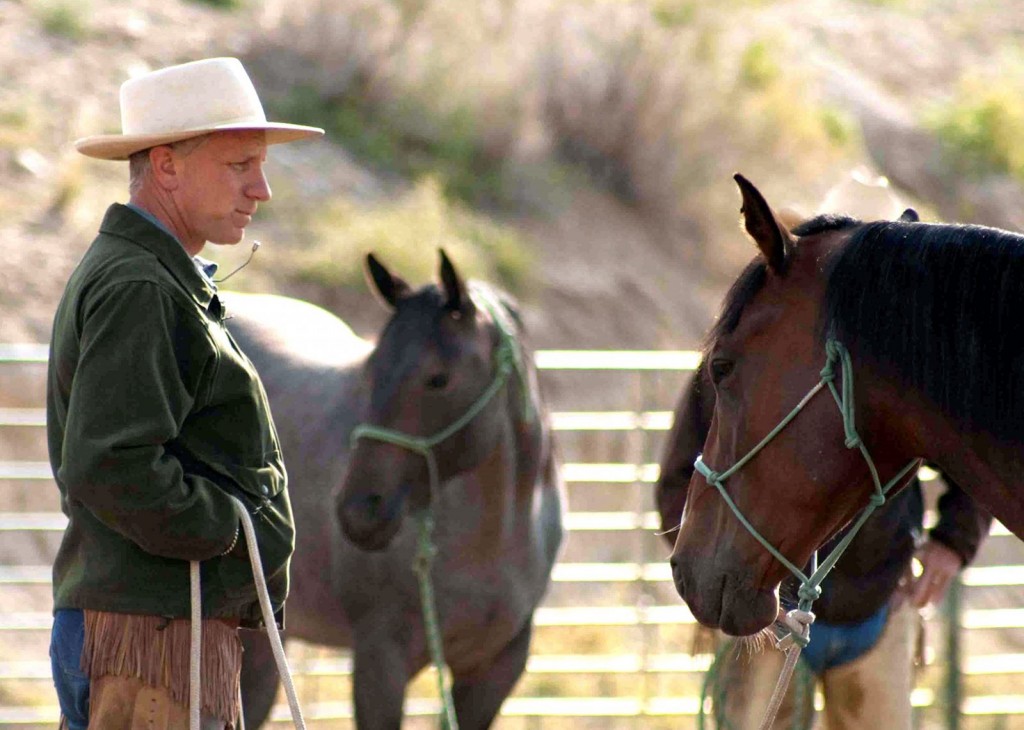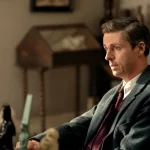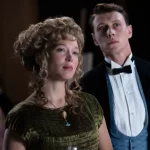David’s Movie Journal 2/15/12
The upside to the winter television hiatus is that I have lots of free time to catch up on movie watching. The downside is that I end up watching movies faster than I can write these journals. Now that we’re into February sweeps, my television schedule is hectic again and I can spend more of my writing time catching up. So here’s three movies I watched two months ago.
Contagion
Contagion sure looked like it would be a solid Steven Soderbergh film. It has the multiple locations, the sprawling cast and the assertive cinematography. It’s also as plot-heavy as it is issue-heavy. As it turns out, though, it comes across like a poor simulation of Soderbergh, especially when it coasts lazily through its second half.
That first half is not awful, though. It combines the exploration of a societal question that we saw in Traffic with the format of a bunch of people with various skills attacking a solvable problem that we know from Ocean’s Eleven. That question, the one of how we as a global community would deal with a killer epidemic like the one depicted in the film, provides the work its greatest potential but is ultimately its biggest failing. While the mechanics of finding a cure and getting it to people are fascinating (and allow for some great character work from Jennifer Ehle, Kate Winslet and others), it’s the themes that fall flat.
The story we’re being told here should be a horror story. Contagion had the chance to get across some big ideas by getting under our skin. Unfortunately and despite the numerous gruesome deaths depicted in the film, it’s a bloodless affair. Soderbergh has drained the visceral possibilities that would have made this a film to remember (and also would have made palatable the weaker points of the screenplay, like Jude Law’s laughable caricature). After this film, I wasn’t terrified of germs. I was ready for bed.
Buck
Cindy Meehl’s Buck is a documentary about the most ideal documentary subject ever. Buck Brannaman is one of the inspirations for Robert Redford’s character in The Horse Whisperer. He’s an endlessly charming, soft-spoken fellow who has an inhumanly gentle touch with animals. And he had a horrific and brutal childhood. He’s tailor-made for the doc treatment. Luckily for us, Meehl doesn’t rest on her haunches and give us any boilerplate puff piece. In Buck, she’s delivered a film that is the story of a man but is also – in its own quiet, grand way – about much larger and far less tangible things.
Casually beautiful in the way it captures a life lived out of doors in some of the most beautiful parts of this country, this is one of the most pleasantly watchable films of the year. Both Meehl and Brannaman put the viewer at ease, sedating her or him with their amiableness and congeniality. It’s an almost disconcertingly effective way of getting one to drop her or guard. If Buck Brannaman were secretly a professional killer, he’d be one of cinema’s great characters.
But there’s nothing hidden about Brannaman, at least not the way Meehl presents him. The man we get to know is not given to philosophizing. Yet Buck is one of the most purely philosophical films to come along in years. In comparing the subject’s humane treatment of young horses to the inhumanity he himself endured as a boy, the film is telling us something about what is innate in all creatures of the earth. This one man’s modest life proves unexpectedly affirmational.
Terri
When the makers of most high school set films see something like Azazel Jacobs’ Terri, I wonder if they’re ashamed of themselves. Such an accurate portrayal of what kids at that age are really like is not an easy thing to pull off, let alone to make as entertaining as this film.
Truthfully, a person who is fifteen years old or so is generally less socially mature than, say, a Lloyd Dobler or a Cher Horowitz (both movie characters I adore). Yet these actual teens are also more aware and more sophisticated than they are often given credit for in the real world. This middle ground – this incomplete mental and social development – is a difficult thing to pin down and define. Perhaps most screenwriters err on the side of the precocious because it’s easier. But I wonder if people write high school kids as adults because we tend not to remember ourselves as children at that age. It takes an incisive and ego-free intellect to get this right and screenwrite Patrick Dewitt, along with Jacobs, have done so commendably.
One could say that Terri is about a weird kid (Jacob Wysocki in the title role) and a weird man (John C. Reilly as the assistant principal) connecting with each other. But, at the same time, it isn’t about anything as trite as that. Really, it’s a film about human beings – these two and a few others – coming to terms with the things that make people so abhorrent to one another and moving forward in their lives, a little more cynical but a little more at peace, which is sometimes the best you can hope for.

































